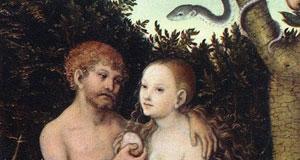An Ecological History of Humanity
An Ecological History of Humanity takes a journey through 150,000 years of human experience to tell a story of how we got where we are today.
 It is a history that begins with the evolution of Homo sapiens and explores the deep history of human cultures and societies and their need for food, shelter and reproduction as well as the very human quests for love, meaning and power.
It is a history that begins with the evolution of Homo sapiens and explores the deep history of human cultures and societies and their need for food, shelter and reproduction as well as the very human quests for love, meaning and power.
The story An Ecological History tells is one of human migrations, starting with the first great migration out of Africa and the many great migrations since that have been part of humanities global conquest. It is a story of health and disease, of hunting, foraging and fishing and the emergence of agriculture, of war and peace, plagues, famines and other great catastrophes.
Lectures and tutorials place an emphasis on key transitions in human history: the emergence of farming and complex societies, the rise and fall of empires, calamities such as the Black Death and the micro and macro-biological conquests of the Americas and Australia, El Nino holocausts and the long cycles of global cooling and warming, the fossil fuel revolution, industrialization, medical advances and the demographic transition, population growth and the urbanization of the world.
Taught by a geographer, a zoologist, a microbiologist and an historian, An Ecological History of Humanity is an interdisciplinary, historical exploration of our complex relationships with the environment, with each other and with other organisms. Lectures are complemented by tutorials in which active discussions provide an opportunity to further explore the themes addressed in lectures and reading. For more information please visit the University Handbook.
An Ecological History of Humanity (UNIB10003) Handbook entry